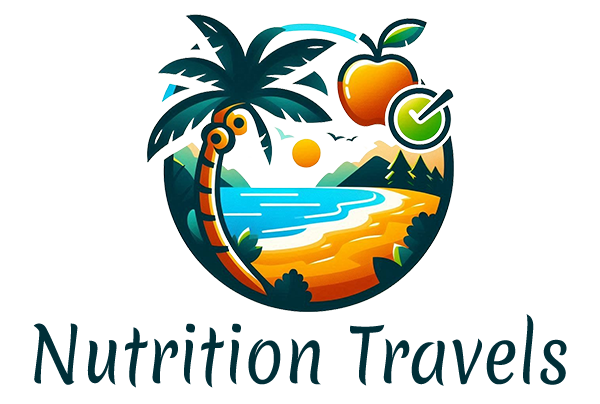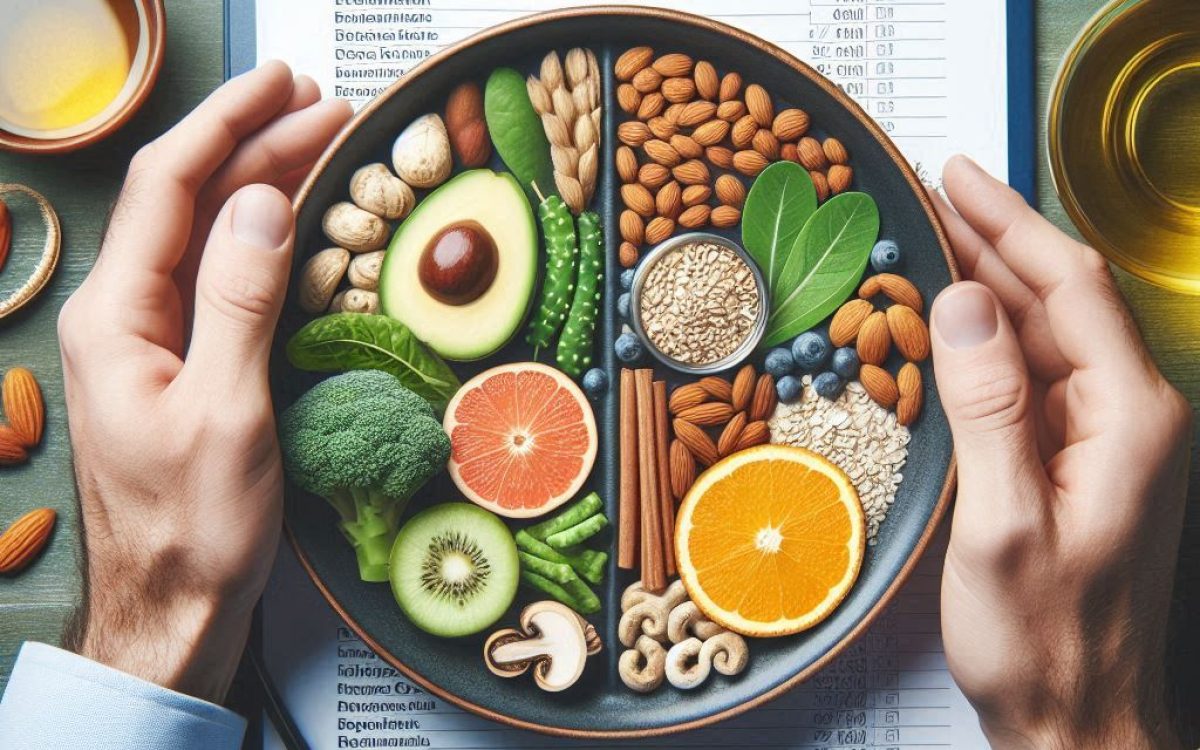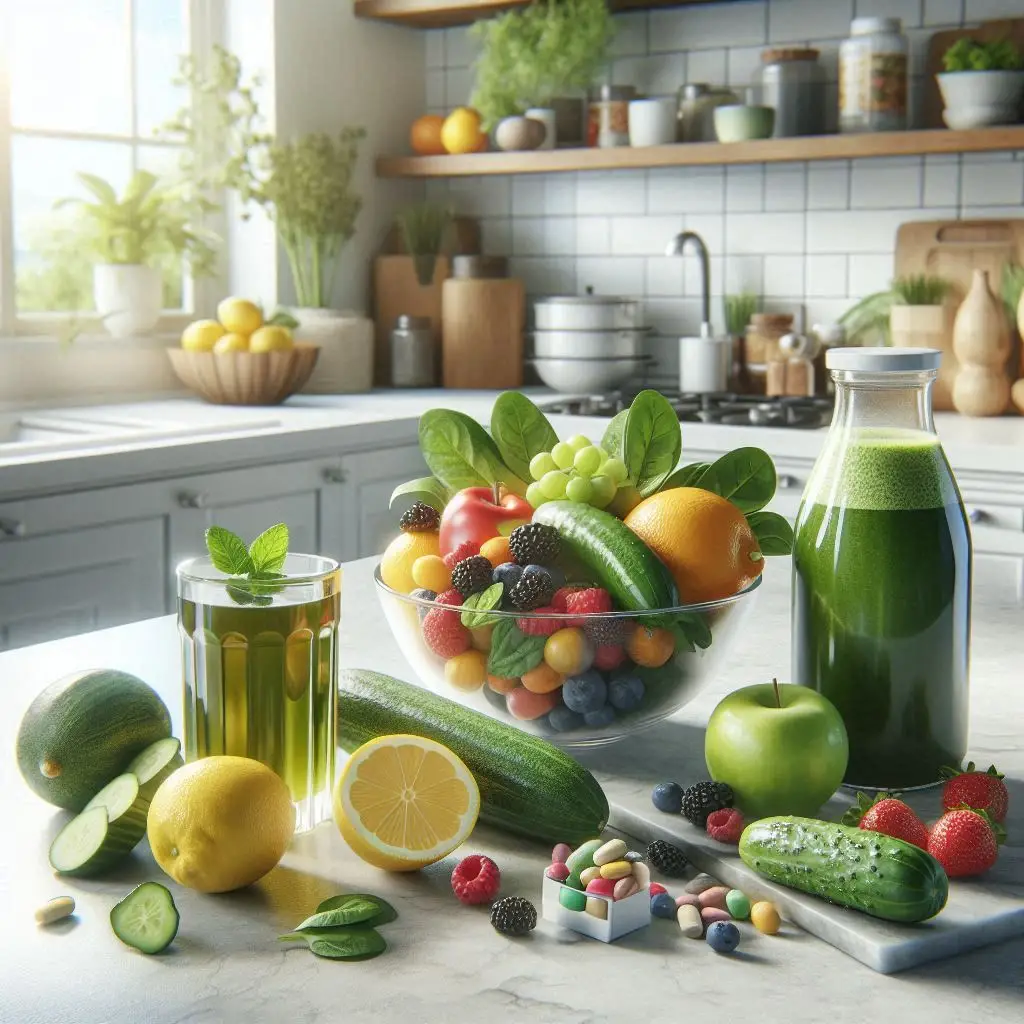Choosing a plant-based lifestyle is on the rise worldwide—for reasons that range from health and sustainability to compassion for animals. But while a plant-based diet can offer countless benefits, it also comes with unique challenges—especially when it comes to getting enough vitamin B12 and iron. These two nutrients are essential for energy, brain function, and blood health. In this article, we’ll walk you through why these nutrients matter, the warning signs of deficiency, and simple ways to stay healthy on a vegan or plant-forward diet.
Why Are B12 and Iron So Critical on a Plant-Based Diet?
Vitamin B12 is vital for:
1- Red Blood Cell Production: Essential for producing healthy red blood cells and preventing them from becoming abnormally large or dysfunctional.

2- Nervous System Function: Supports the production of myelin, which insulates nerve fibers. A deficiency can lead to neurological problems such as tingling in the hands and feet.
3- DNA Synthesis: Crucial for the growth and repair of all cells in the body.
Iron plays a major role in:
1- Oxygen Transport: Helps carry oxygen throughout your body via hemoglobin
2- Energy & Immunity: Supports your immune system, physical strength, and overall stamina.
Common Signs You Might Be Low on B12 or Iron
If you’re eating plant-based and notice any of these symptoms, it could be time to check your nutrient levels:
Low B12 may cause:
1- Constant fatigue
2- Brain fog or trouble focusing
3- Mood swings or low mood
4- Headaches
5- Numbness or tingling in hands and feet

Iron deficiency may show as:
1- Feeling weak or lightheaded
2- Pale skin or dark circles
3- Shortness of breath
4- Hair loss or brittle nails
5- Poor appetite

Why Deficiencies Happen on a Plant-Based Diet
Vitamin B12:
1- It’s naturally found only in animal-based foods.

2- Missing out on fortified foods or skipping supplements.
3- Gut issues (like IBS) that reduce absorption.
Iron:
1- Plant-based iron (non-heme) is harder for your body to absorb.
2- Drinking tea or coffee with meals blocks iron uptake.
3- Not eating enough vitamin C-rich foods, which boost absorption.
How to Stay on Top of Your Nutrient Game:
For Vitamin B12:
1- Supplements: Take a reliable B12 supplement daily or weekly (cyanocobalamin is a good option).

2- Fortified foods: Eat fortified foods like nutritional yeast, soy milk, or cereals.
3- Regular blood tests: Get tested every 6–12 months to stay in the safe zone.
For Iron:
1- Eat iron-rich plant foods: Load up on beans, lentils, tofu, and leafy greens.
2- Combine with vitamin C: Pair iron-rich meals with vitamin C (think: bell peppers, oranges, or lemon juice).
3- Avoid absorption blockers during meals: Skip tea or coffee with meals—have them an hour before or after instead.
A well-planned plant-based diet can fuel your body and protect your health for years to come—but awareness is key. With the right supplements, food choices, and regular check-ins, you can enjoy the benefits of plant-based living without worrying about deficiencies.
At Nutrition Travels, we’re here to support your journey with expert-backed tips, practical guides, and delicious recipes that make healthy eating simple and enjoyable.





